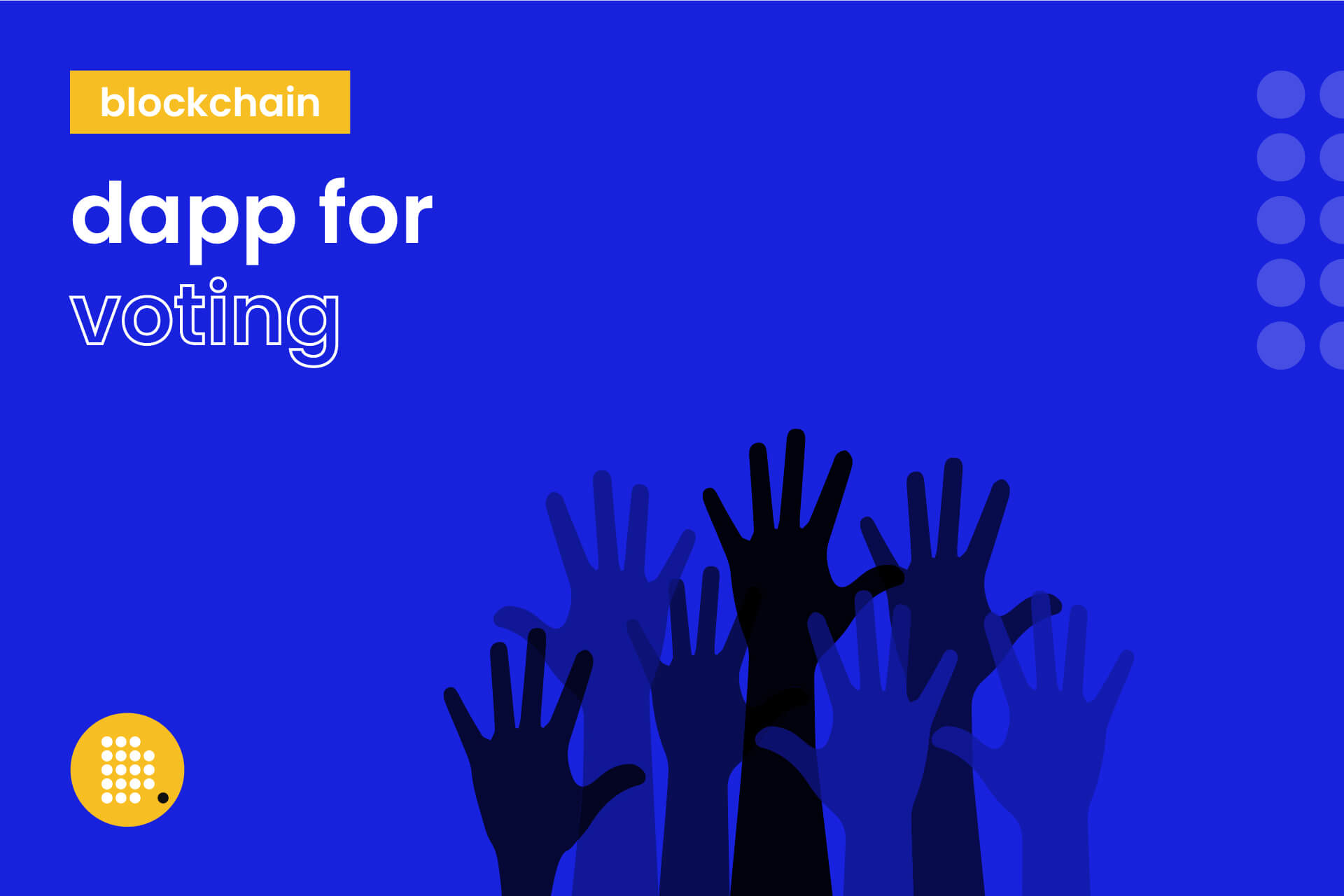
Since the vast majority of the educational institutions around the world are on lockdown due to coronavirus outbreak, the student of the University of Malta found a way to leverage the technology of blockchain for voting on their internal elections.
Master students in Blockchain and Distributed Ledger Technologies created a decentralized application (dApp) to vote for their student representatives, for the first time ever, using blockchain.
According to Joshua Ellul, director of the UM’s Centre for Distributed Ledger Technologies:
At this time especially, given the current situation, it was important to have a remote voting mechanism in place that enables trust and transparency thanks to the Blockchain-based solution. The main challenge to achieve this is onboarding users in a trusted manner – and digital identity platforms such as that provided by Vodafone provide a solution. The app (dApp) was enabled using a Decentralised Digital Identity platform, which uses blockchain, provided for students by Vodafone. The platform gives each trusted user stronger privacy because they retain full control of their personal data rather than that data potentially being controlled by a centralised authority.
Through this voting procedure transparency, verifiability and guarantees with respect to the voting outcome were provided to each voter while voters identities could be kept anonymous.
Besides Ellul, the University of Malta team included Saviour Zammit, who chairs the Centre for Distributed Ledger Technologies; Gordon Pace, a professor within the Department of Computer Science at the Faculty of ICT; Shaun Azzopardi, who has completed his PhD within the Department of Computer Science; and the Master students reading the Blockchain and DLT programme who helped test the platform.
The Masters in Blockchain and DLT is multidisciplinary, in that it allows for students to gain an understanding of the various areas surrounding blockchain, cryptocurrencies, smart contracts, and other DLTs. It also allows students to dig deeper into their area of specialisation.
Source: Times of Malta
Sponsored
